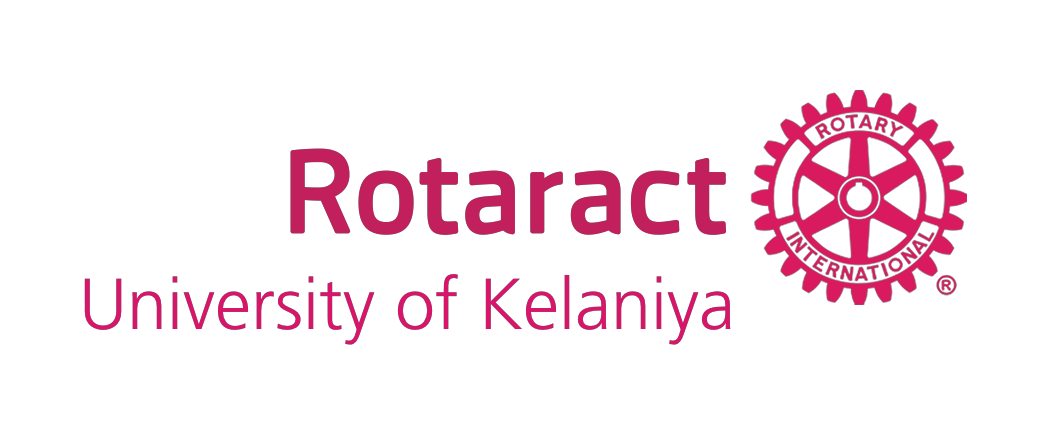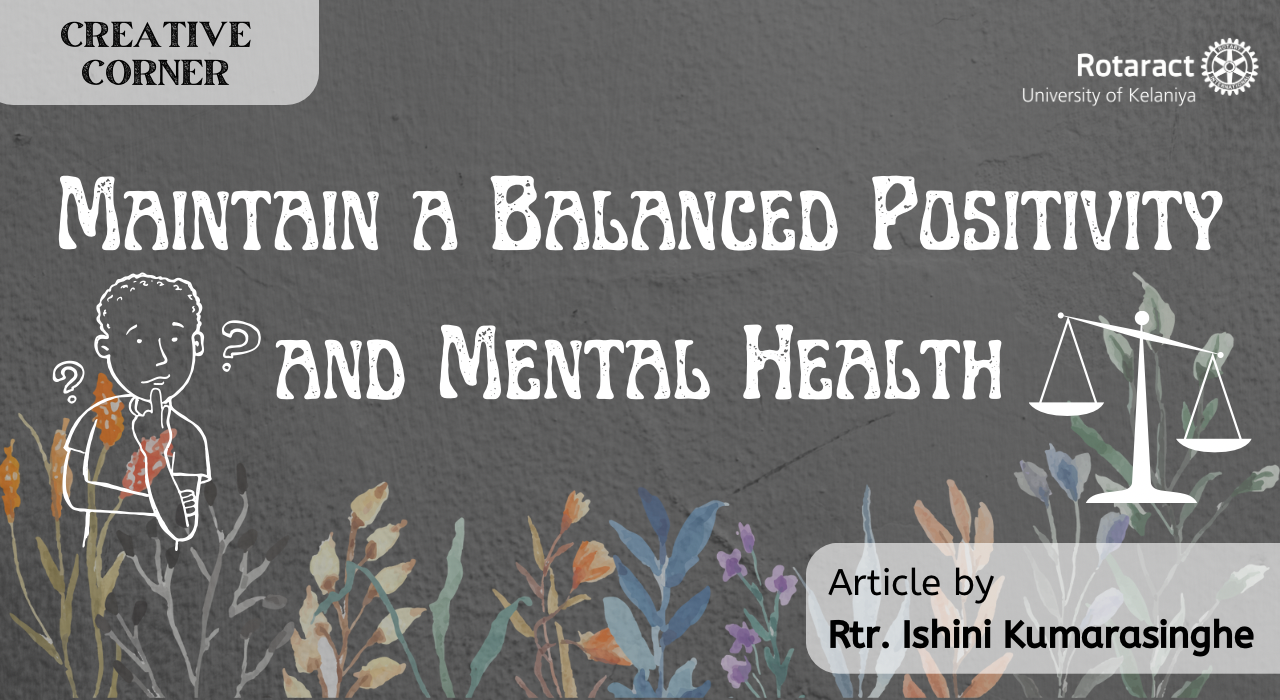Is your glass half full or half empty?
How you respond to this age-old query about positive thinking may reflect your outlook on life, your attitude towards yourself, and whether you are optimistic or pessimistic, and it may even have an impact on your health.
Our mental health is being severely impacted due to the situations during these extremely difficult times, which directly affects both our personal and professional lives. Maintaining positivity, balance, and mental health is essential for maintaining both physical and mental well-being. Stress, anxiety, hypertension, and melancholy are just a few of the health issues which are brought to us by unfavorable news, negativity, and poor dietary and sleep habits. The only person who can stand firm in the face of all this is YOU.
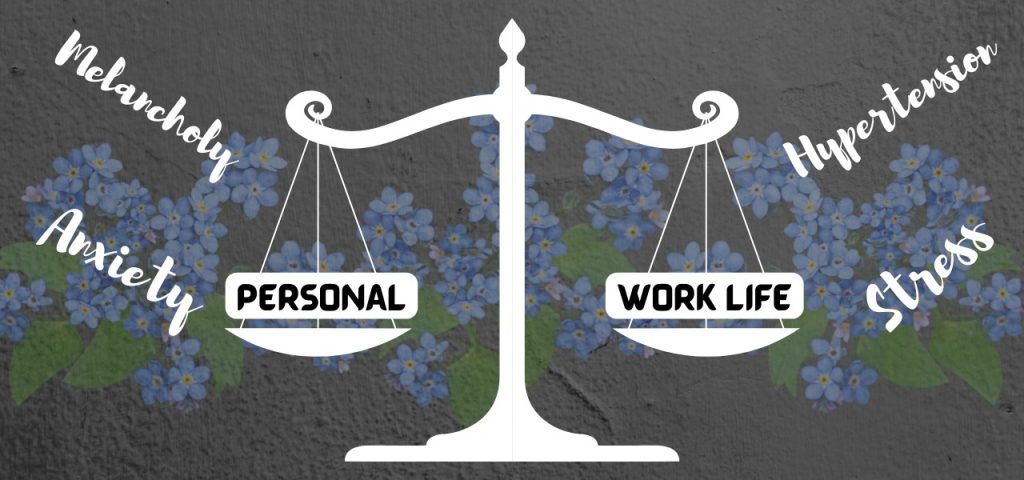
Focusing on the positive aspects of any circumstance is known as ‘positive thinking’ or having an ‘upbeat attitude’. That does not imply denial of reality. Simply explained, it implies that you approach both the good and the bad in life with the hope that all will turn out well.
A healthy study-life balance is essential for having a great education and enjoying your personal life. It is crucial to establish limits in every area of your life, yet occasionally these borders become hazy. During the last couple of years, our decision on everyone to work from home full-time is a prime example of how our personal and professional lives have become entwined.
Never before has the distinction between personal and professional life been so blurred. To establish a healthy boundary, you should first make a list of your top priorities. This way, you will be able to allocate your time and energy more effectively and efficiently. Self-care should be on the top of the list because it is essential for you to be in good physical and mental health in order to perform your best.
Learning when to say ‘no’ is incredibly essential. Even when we know we can’t handle everything we say ‘yes’, because we frequently feel obligated to do so. By declining an offer, you are giving yourself more time to pursue your priorities.
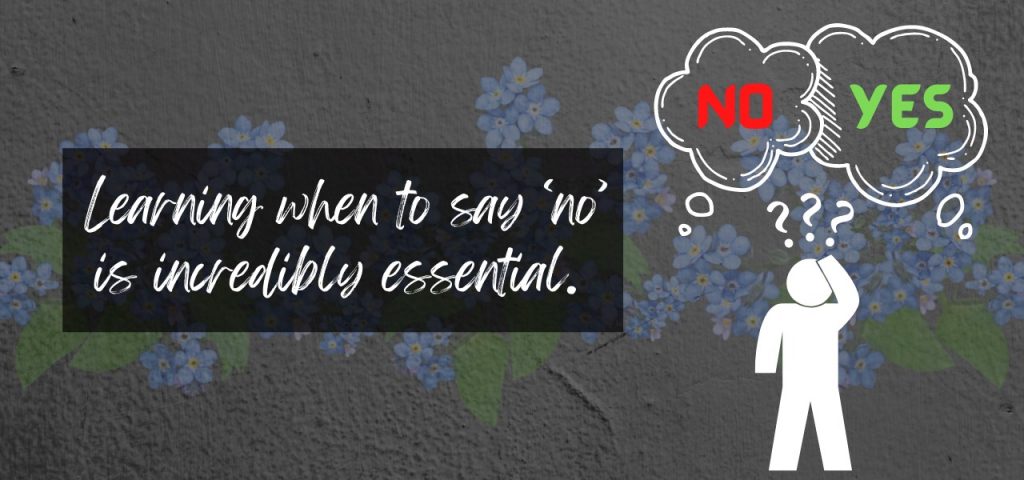
It is not selfish to put your own needs and desires first. Read it once more! Spending more time with the people and things that make you happy will help you feel better about what you’re focusing on since you value putting energy into what you enjoy.
According to a survey on workplace stress, 75% of workers think that the present generation is under more pressure than generations before. One of the biggest contributors to issues related to mental, emotional, and physical health is “stress”. Even if we can’t completely avoid stress in our lives, there are strategies to manage stress, such as talking to a friend, allocating time for enjoyable hobbies, and taking pauses.
Understanding time management is crucial for productivity as well as for striking a healthy work-life balance. You must control your calendar if you want to have more spare time. When it comes to time management, exercising self-discipline can work wonders. Focus each day on your top 3 tasks. Starting the day with three tasks which, if completed, would create an excellent day is a simple technique to concentrate on the important things. Take a break between jobs to first reset and clear your mind. Afterward, stop being distracted while working. Make a to-do list for the following day before wrapping up work for the day.
During these uncertain times, taking care of our entire health will keep us grounded and enable us to get more out of life. By establishing appropriate boundaries, keeping an eye on our stress levels, managing our time wisely, getting enough sleep, working out frequently, and eating well, we can take care of ourselves.
Spend time with nature, go for a walk, practice meditation and concentrate on the positive aspects of life rather than complaining. Plant the seeds of meditation and reap the benefits of mental peace. You can also help yourself by engaging in activities that lift your spirit or by spending time on your hobbies, such as cooking, gardening, doodling, writing etc. Your mental health is improved by being appreciative for what you have, balancing your life and your approach to coping with events, being active, maintaining connections with people who give your life a meaning and purpose and avoiding toxic relationships. Identify and practice simple actions that can help you sustain optimism in life, improve how you feel, and enjoy improved mental and emotional well-being such as smiling at strangers and kids frequently.
The most important thing to remember is to avoid undervaluing or blaming yourself for your mental health. It’s never your fault; it’s just a phase. People who try to convince you otherwise should be avoided. Mental health should come first, BUT not as a sign of weakness and talking about it can help you feel better.
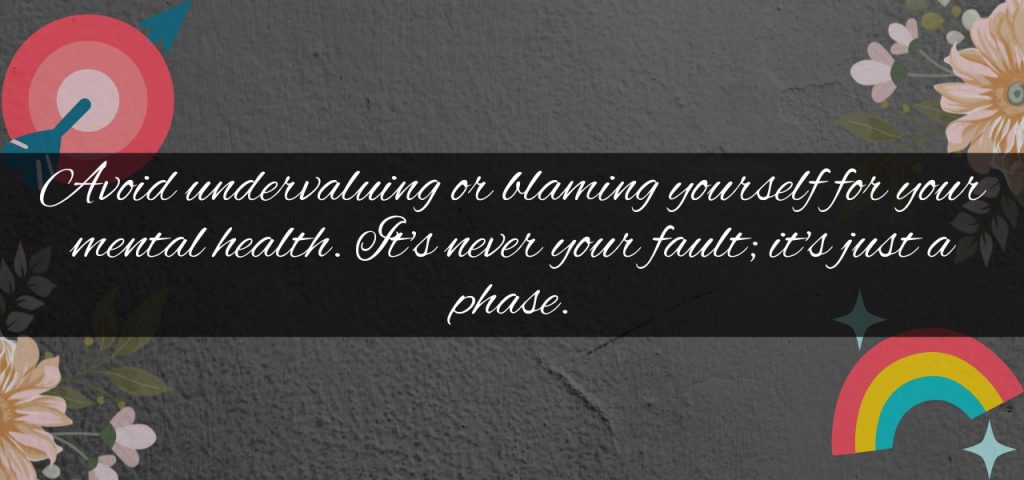
And have faith in ‘There is a hope, even when your brain tells you there isn’t.’ as quoted by John Green.
Stay positive! Keep your focus on the things that bring you joy! Maintain your mental wellness as well!
